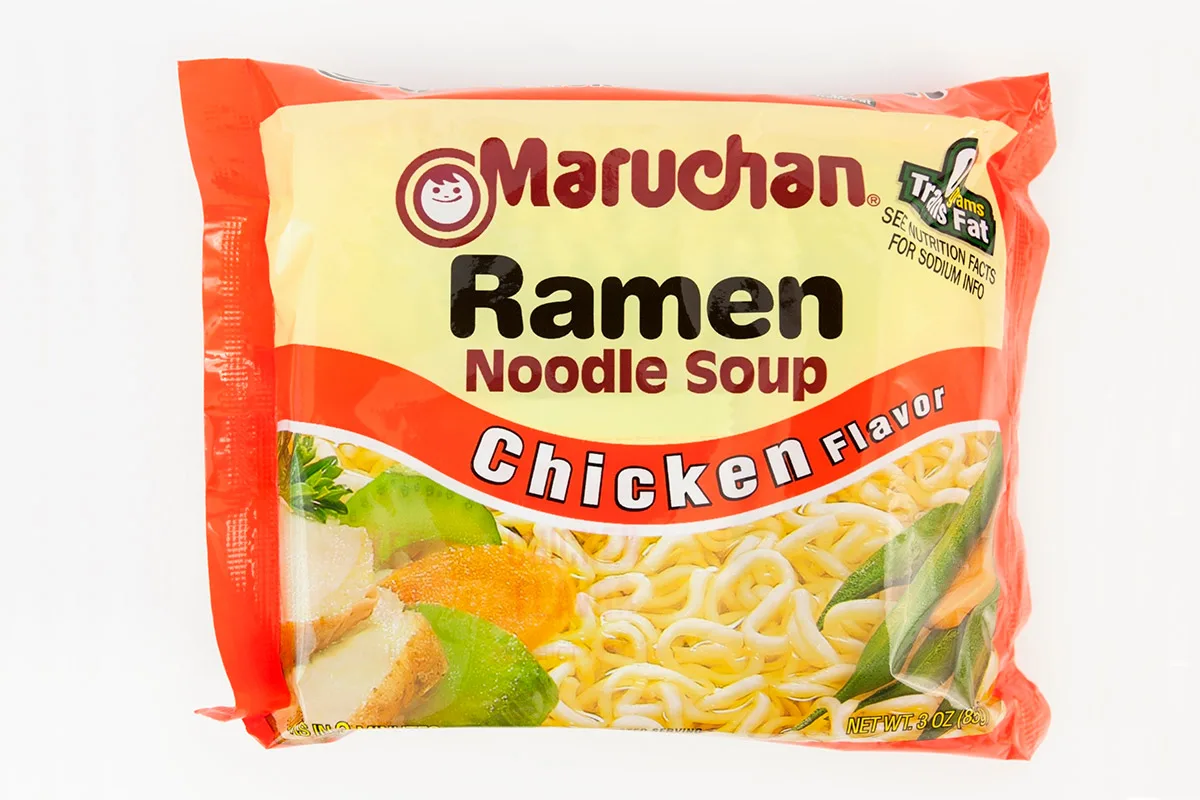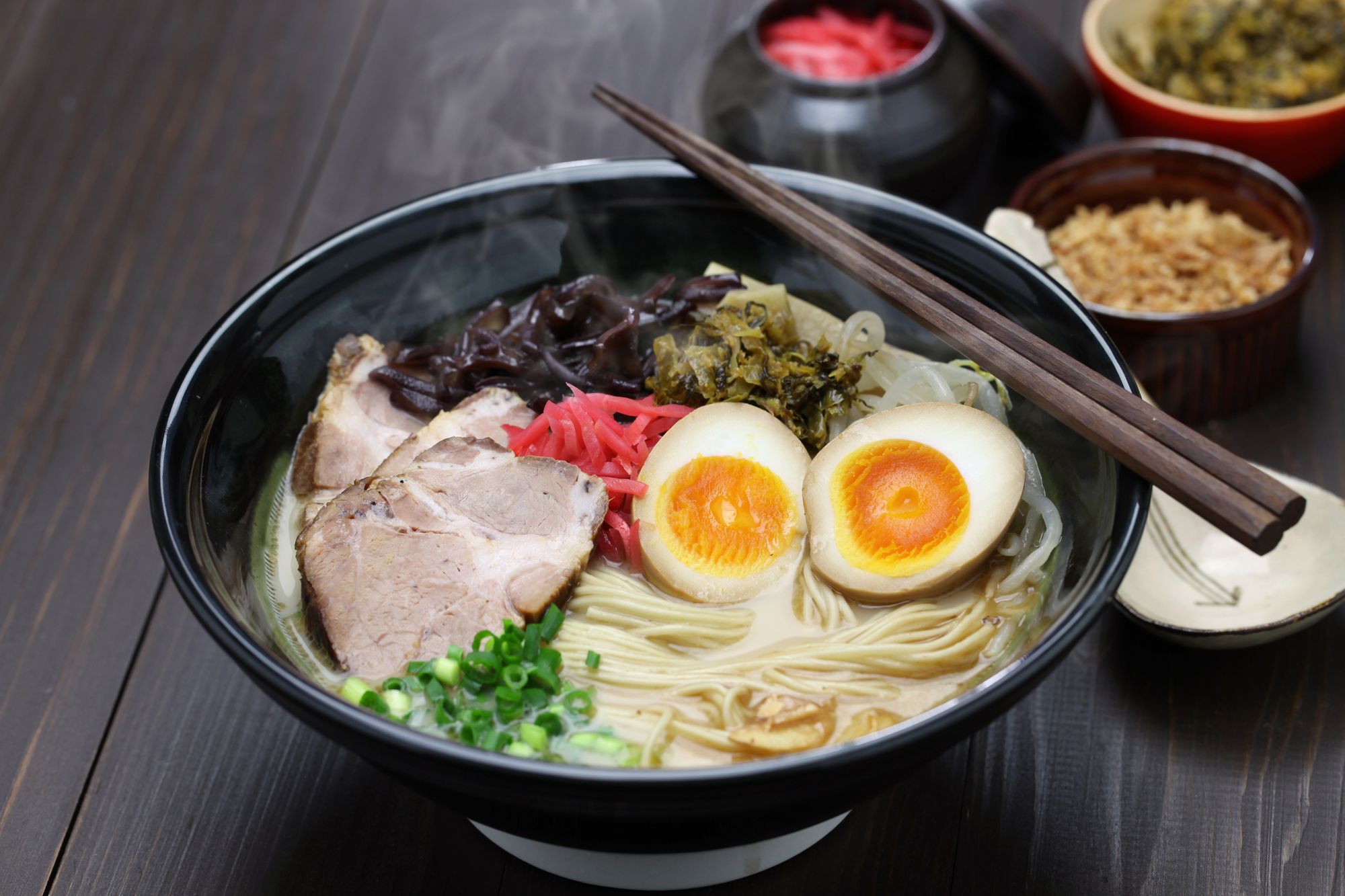Understanding The Recall Of Ramen Noodles: A Comprehensive Guide
Ramen noodles have become a staple in many households worldwide due to their affordability, convenience, and taste. However, in recent years, there have been numerous recalls of this beloved product, raising concerns about its safety and quality. This article delves into the reasons behind the recall of ramen noodles, the potential health risks, and what consumers can do to protect themselves.
The recall of ramen noodles has sparked widespread attention, as these products are consumed globally by millions of people daily. Understanding the reasons behind these recalls is essential for ensuring food safety and consumer protection. This article will explore the causes, the impact on consumers, and the steps taken by manufacturers and regulatory bodies to address the issue.
As we navigate through this comprehensive guide, we will also examine the importance of staying informed about food recalls, especially when it comes to products as widely consumed as ramen noodles. By the end of this article, you will have a clearer understanding of the recall process and how to safeguard your health and that of your family.
Read also:When Is Kat Timp Due A Comprehensive Guide To Understanding Her Career Projects And Upcoming Releases
What is a Recall and Why Does It Happen?
A recall is a process initiated by manufacturers or regulatory authorities to remove unsafe or defective products from the market. In the context of ramen noodles, recalls occur when there are concerns about contamination, mislabeling, or other issues that may pose a risk to consumers' health. Understanding the reasons behind recalls is crucial for both manufacturers and consumers.
Common Reasons for Ramen Noodle Recalls
- Contamination with harmful substances such as bacteria, viruses, or foreign objects.
- Mislabeling, including incorrect ingredient lists or failure to disclose allergens.
- Non-compliance with food safety regulations or standards.
- Quality issues that affect the safety or usability of the product.
These reasons highlight the importance of strict quality control measures in the production and distribution of food products. Manufacturers must adhere to regulations to ensure the safety of their products.
Health Risks Associated with Ramen Noodle Recalls
When ramen noodles are recalled, it is often due to potential health risks. These risks can range from mild discomfort to severe illness, depending on the nature of the contamination or defect. Consumers must be aware of these risks to make informed decisions about their food choices.
Potential Health Impacts
- Foodborne illnesses caused by bacterial or viral contamination.
- Allergic reactions due to undisclosed allergens in the ingredient list.
- Physical injuries from foreign objects found in the packaging.
These health risks emphasize the necessity of prompt and effective recall procedures. Regulatory bodies play a vital role in monitoring and enforcing food safety standards to protect consumers.
The Recall Process Explained
The recall of ramen noodles involves several steps, from identifying the issue to removing the affected products from the market. This process is designed to ensure that consumers are protected from potential harm. Understanding the recall process can help consumers stay informed and take appropriate action when necessary.
Steps in the Recall Process
- Identification of the problem by manufacturers or regulatory authorities.
- Notification of the public through official channels, such as press releases or social media.
- Removal of the affected products from store shelves and distribution channels.
- Investigation into the root cause of the issue and implementation of corrective measures.
By following this structured process, manufacturers and regulatory bodies can effectively address the concerns surrounding the recall of ramen noodles and restore consumer confidence in the product.
Read also:List Of Songs By The Beatles A Comprehensive Guide To Their Musical Legacy
Consumer Awareness and Protection
Consumer awareness is a critical component of the recall process. Educating consumers about the reasons behind recalls and the steps they can take to protect themselves is essential for ensuring food safety. This section will explore the importance of staying informed and proactive in the face of product recalls.
Tips for Consumers
- Regularly check official recall notices from trusted sources, such as government websites or manufacturer announcements.
- Dispose of or return any recalled products to the point of purchase for a refund or replacement.
- Stay informed about food safety practices and regulations to make better-informed decisions.
By staying informed and taking proactive steps, consumers can protect themselves and their families from the potential risks associated with recalled ramen noodles.
Regulatory Bodies and Their Role
Regulatory bodies play a crucial role in ensuring food safety and protecting consumers from harmful products. These organizations set and enforce standards that manufacturers must adhere to, conducting regular inspections and investigations to maintain compliance. This section will examine the role of regulatory bodies in the recall of ramen noodles.
Key Regulatory Organizations
- Food and Drug Administration (FDA) in the United States.
- European Food Safety Authority (EFSA) in the European Union.
- Food Standards Australia New Zealand (FSANZ) in Australia and New Zealand.
These organizations work tirelessly to ensure that food products, including ramen noodles, meet safety and quality standards. Their efforts are vital in preventing and addressing product recalls.
The Impact on Manufacturers
The recall of ramen noodles can have significant implications for manufacturers. Beyond the financial costs associated with removing products from the market, recalls can damage a company's reputation and consumer trust. This section will explore the challenges faced by manufacturers and the steps they can take to mitigate the impact of recalls.
Strategies for Manufacturers
- Implementing robust quality control measures to prevent future issues.
- Building transparent communication channels with consumers and regulatory bodies.
- Investing in research and development to improve product safety and quality.
By adopting these strategies, manufacturers can reduce the likelihood of future recalls and restore consumer confidence in their products.
Case Studies of Notable Ramen Noodle Recalls
Examining notable cases of ramen noodle recalls provides valuable insights into the causes, consequences, and lessons learned. This section will highlight specific examples of recalls and their impact on consumers and manufacturers.
Case Study 1: Contamination with Foreign Objects
In 2020, a major ramen noodle manufacturer issued a recall after discovering metal fragments in some of its products. This incident led to widespread concern and prompted the company to implement stricter quality control measures to prevent similar occurrences in the future.
Case Study 2: Mislabeling of Allergens
In another instance, a recall was initiated due to the failure to disclose the presence of allergens in the ingredient list. This oversight put consumers with allergies at risk and highlighted the importance of accurate labeling in ensuring food safety.
These case studies underscore the need for vigilance and accountability in the production and distribution of food products.
Future Trends in Food Safety
As technology advances, new tools and methods are emerging to enhance food safety and reduce the incidence of recalls. This section will explore emerging trends and innovations in food safety and their potential impact on the recall of ramen noodles.
Innovations in Food Safety
- Blockchain technology for improved traceability and transparency in the supply chain.
- Artificial intelligence and machine learning for predictive analytics and quality control.
- Advanced testing methods for detecting contaminants and ensuring product safety.
These innovations hold promise for enhancing food safety and reducing the frequency and impact of recalls in the future.
Conclusion
The recall of ramen noodles is a complex issue that requires the attention of manufacturers, regulatory bodies, and consumers alike. By understanding the reasons behind recalls, the potential health risks, and the steps taken to address these issues, we can work together to ensure the safety and quality of this widely consumed product.
We encourage you to stay informed about food recalls and take proactive steps to protect yourself and your family. Share this article with others to raise awareness about the importance of food safety. For more information on related topics, explore our other articles on our website.
Table of Contents
Article Recommendations


